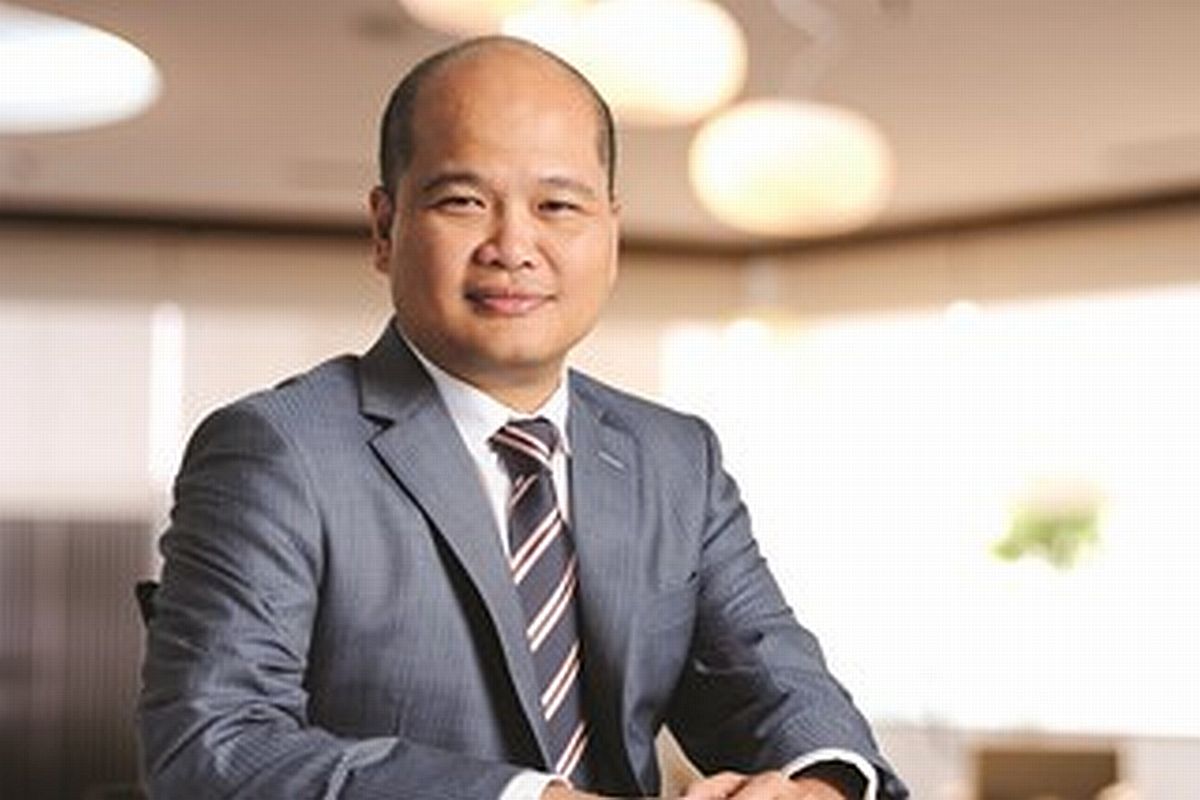KUALA LUMPUR, May 23 – In a rare and bold statement, Shahril Ridza Ridzuan, co-chair of the Health White Paper (HWP) Advisory Council, highlighted the need to consider a more targeted approach to free health care in Malaysia for long-term sustainability of the health care system, amid competing budgetary demands.
The Axiata Group Bhd chairman said recent debates on topics like electricity and fuel subsidies reflect a growing awareness of the need to critically assess government expenditures in various sectors.
“Nobody in their right mind would accept the fact, basically, that a free health care system is completely sustainable when there are so many other pressures on government finances to actually spend money on education, on social welfare, on other things,” Shahril Ridza told BFM presenter Tee Shiao Eek last Thursday on the radio station’s Health & Living segment.
The former managing director of sovereign wealth fund Khazanah Nasional Bhd and chief executive officer of the Employees Provident Fund (EPF) argued that a targeted approach in providing free health care could shift the burden of the health care system towards those who genuinely require financial assistance, while simultaneously encouraging those with the means to contribute more towards sustaining the system as a whole.
“Today, somebody who’s a millionaire could actually walk into a public hospital and get free health care. And whether that’s really equitable in terms of the burden on the system as a whole, versus a system that is a bit more targeted towards ensuring that those who really require financial assistance [receive] the benefits of public health care, [is a question we need to consider]. Those who can contribute a bit more towards the sustaining of the entire system can do so as well.
“I think, if you actually look at the debate in society today, you’re seeing a lot more, I think, acceptance of the fact that we [need to have] these discussions around equitable access. Access is not an issue about everyone having access to it, but it’s an issue about [making] sure that people who really need it can still have access to it in a way that the system can sustain,” Shahril Ridza said, without providing specific details on how a targeted free health care programme can be implemented in Malaysia.
The ongoing debate on how to increase funding for the health care system has primarily centred around the introduction of a social health insurance scheme and raising the RM1 and RM5 fee for outpatient and specialist care respectively in MOH facilities.
Former Health Minister Khairy Jamaluddin previously described the RM1 and RM5 medical fees as “unsustainable”, pointing out that revenue from these fees account for only one per cent of public health care expenditure.
The Health White Paper, slated to be presented in Parliament in June, will likely feature a recommendation for the implementation of a national social health insurance scheme, as previously stated by Health Minister Dr Zaliha Mustafa. However, Shahril Ridza’s comments suggest that the Health White Paper may not explicitly endorse a specific model.
“I think there are many voices which are both pro and against different solutions in the market. And if you look globally, different markets, different countries adopt different solutions, which are appropriate really for the politics of the country, and also the social acceptance of the contribution towards health care.
“So, you can have social health insurance – it’s a topic that a lot of people brought up. You can have things like copay [sic] depending on income levels. You can have, for instance, a different combination of contributory payments together with probably health financing.
“Certainly, I think that’s where the debate comes in because ultimately, I think, when we do enact this – it has to be enacted by Parliament under an act of law – and therefore, Parliament, I think, has got to really thrash it out and say, you know, as a society, these are the values that we aspire to and this is what we want to implement, and this is how we’re going to implement it,” Shahril Ridza said.
Shahril Ridza said the main objective of the Health White Paper is to initiate a parliamentary debate and seek endorsement for its goals. Subsequently, the focus shifts to the challenging task of implementing the necessary transformation.
“And for that, basically, the Health White Paper proposes the creation of a Health Reform Commission that will work together with the medical services and the Ministry of Health in thinking through the transformative steps required. And that’s really one great big programme management,” Shahril Ridza said.
“I think those of us who’ve done a lot of organisational transformation, understand basically that actually a lot of the hard work is in the transformation of processes, transformation of governance structures, to make sure, all these things can happen and will work in the future.
“So, the whole process we envision really, is a 15- to 20-year process that will start with this journey, and it has to be gradual, because it’s a working system, right? You cannot make so many changes to a working system without running the risk of disruptions.”








